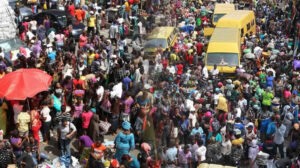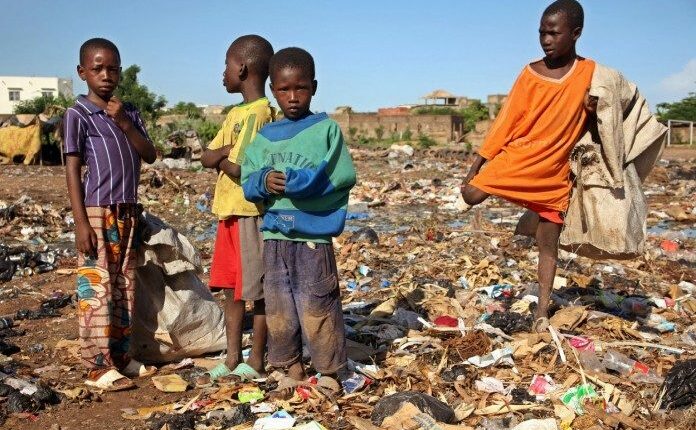Nigeria is among the countries grappling with severe poverty, as highlighted by a recent United Nations Development Programme (UNDP) report released on Thursday.
The report revealed that over one billion people worldwide were living in acute poverty, with children accounting for more than half of those affected.
 Published in collaboration with the Oxford Poverty and Human Development Initiative (OPHI), the report also emphasised that poverty rates are significantly higher in conflict-affected countries.
Published in collaboration with the Oxford Poverty and Human Development Initiative (OPHI), the report also emphasised that poverty rates are significantly higher in conflict-affected countries.
The 2024 Multidimensional Poverty Index (MPI), an annual report since 2010, provided insights based on data from 112 countries, covering a population of 6.3 billion people. The MPI evaluates poverty using various indicators, including inadequate housing, lack of sanitation, limited access to electricity and cooking fuel, poor nutrition, and low school attendance.
“The 2024 MPI paints a sobering picture: 1.1 billion people endure multidimensional poverty, of which 455 million live in the shadow of conflict,” stated Yanchun Zhang, UNDP’s chief statistician. Zhang emphasised the desperate situation for those in war-torn regions, adding, “For the poor in conflict-affected countries, the struggle for basic needs is a far harsher and more desperate battle.”
The report highlighted that Sub-Saharan Africa and South Asia are home to the majority of the world’s poorest, with these regions accounting for 83.2 per cent of those in extreme poverty. Children under 18 represent a disproportionate share of those suffering, with 584 million—27.9 per cent of the global child population—living in extreme poverty, compared to 13.5 per cent of adults.
Sabina Alkire, OPHI director, noted that conflicts pose a significant barrier to reducing poverty. “At some level, these findings are intuitive. But what shocked us was the sheer magnitude of people who are struggling to live a decent life and at the same time fearing for their safety –- 455 million,” Alkire remarked. She called on the international community to address both poverty reduction and peace-building, saying, “This points to a stark but unavoidable challenge… to zero in on poverty reduction and foster peace so that any ensuing peace endures.”
Among the countries most affected, India topped the list with 234 million people in extreme poverty, followed by Pakistan, Ethiopia, Nigeria, and the Democratic Republic of the Congo. Collectively, the five nations account for nearly half of the 1.1 billion people living in acute poverty globally.




